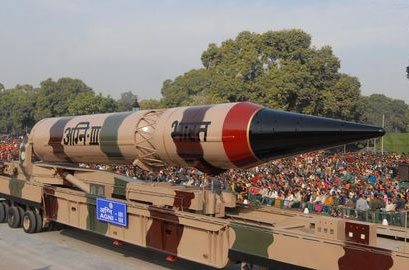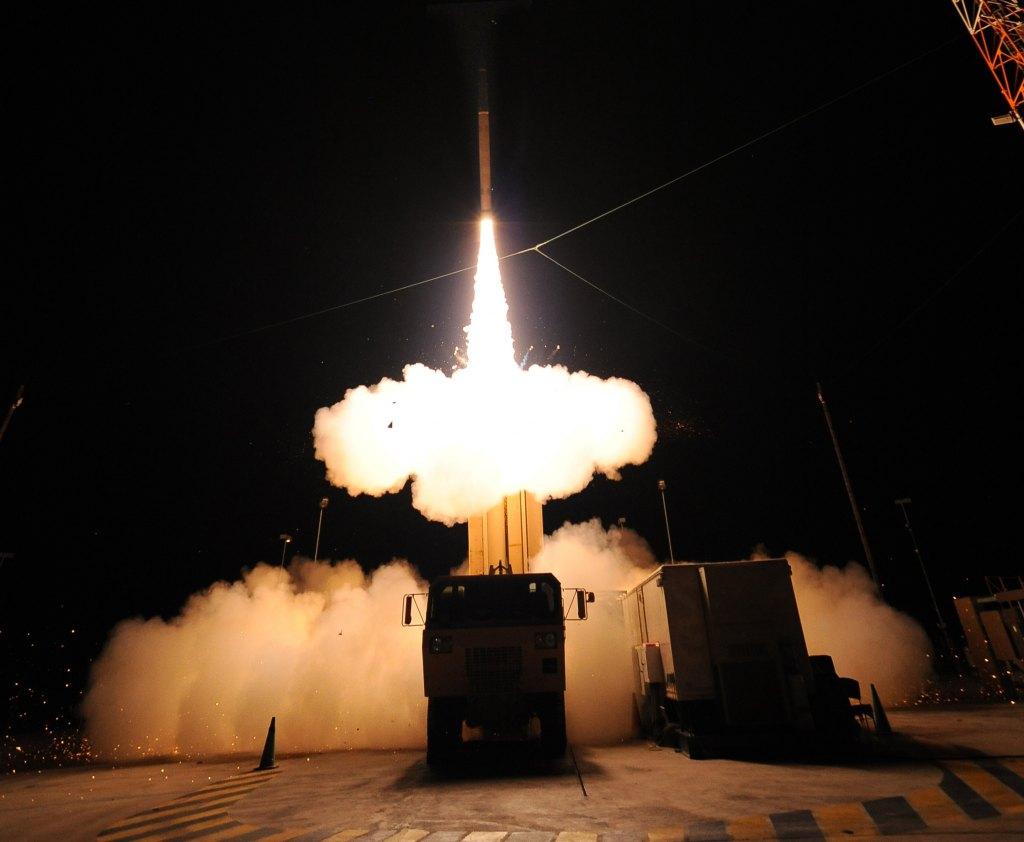India postponed until next week a test-firing of its indigenously built Agni II ballistic nuclear capable missile due to a technical glitch.
The two-stage surface-to-surface missile was to be tested by its Strategic Forces Command from Wheeler Island off the Bay of Bengal on Monday, a report in the Indian Express newspaper said.
“But we had to postpone the test due to technical problems,” Avinash Chander, director of the Agni missile program, said.
The day next week for the launch is not decided, said Chander, who gave no reason for the failure.
But previous missile failures have been blamed on guidance problems.
There also were doubts about continuous rainfall in Balasore near the test-firing range over the past three days.
India has a checkered history of launching indigenously built missiles, including the Agni I, II and III weapons.
The basic Agni series includes the single-stage 450-mile range Agni I, already inducted into service, and the two-stage Agni II and III models.
The 1,200-mile range Agni II was inducted into the army in 2004 and still is undergoing test-firings. The 65-foot missile weighs around 17 tons and can carry a 1-tonne payload.
The 2,000-mile range Agni III is in the last stages of development.
The solid-propellant Agni series of ballistic missiles are manufactured by Bharat Dynamics, one of India’s major manufacturers of munitions and missile systems founded in 1970 in Hyderabad, Andhra Pradesh.
Bharat Dynamics also manufactures India’s Konkurs anti-tank missile.
Agni-II has been developed by Advanced Systems Laboratory along with other laboratories under the government-backed Defense Research and Development Organization.
India’s main missile test launch center is Wheeler Island — just over 1 mile long and 6 miles off the country’s east coast in the Bay of Bengal and about 90 miles from Bhubaneshwar, the capital city of Orissa state.
It was from Wheeler Island that Agni III, with a range of just over 2,000 miles, was successfully test-launched from a mobile launcher in February last year.
During a test launch the following month, a Prithvi missile veered off its path, failing to reach its required altitude of around 70 miles. It climbed to around 45 miles before tumbling back into the Bay of Bengal.
Then in September, the DRDO acknowledged guidance problems that caused a failure in another Prithvi missile test launch. The surface-to-surface missile remained on the launch pad during a trial in Chandipur, Orissa.
The short-range, 4.6-tonne nuclear-capable missile became enveloped in orange smoke and the launch was aborted, officials from the DRDO said at the time.
“The failure to lift Prithvi II was due to a snag either in the main missile or the sub-system, including the launcher,” a DRDO spokesman said.











